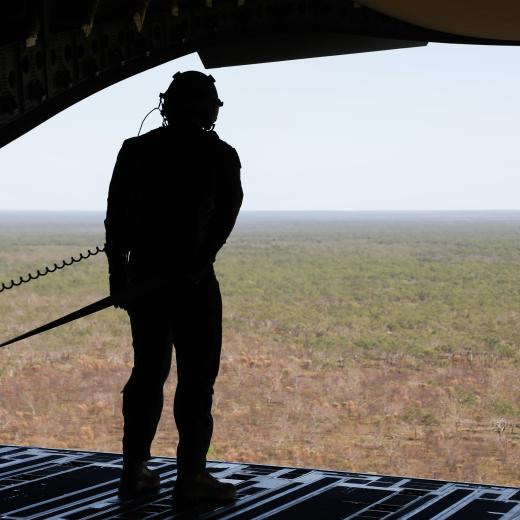BLUF
Scientists do not yet have all the answers about the latest strain of COVID-19, the Omicron variant.Summary
This article about the newest variant of COVID-19 which originated in Southern Africa (and is now spreading to the rest of the world) makes the following points:
Omicron appears to harbour a large number of the mutations found in other variants, including Delta, and it seems to be spreading quickly.
Omicron was first identified in Botswana in early November 2021 and has spread to other countries.
Scientists are trying to understand the variant’s properties, such as whether it can evade immune responses triggered by vaccines and whether it causes more or less severe disease than other COVID-19 variants.
On 26 November, the World Health Organization (WHO) designated the strain, known as B.1.1.529, as a variant of concern and named it Omicron.
Omicron joins Delta, Alpha, Beta and Gamma on the current WHO list of variants of concern.
The variant harbours many mutations in regions of the spike protein that antibodies recognize, potentially dampening their potency.
Researchers in South Africa are working hard to see if Omicron causes more severe or milder disease than other variants and whether the Omicron variant is more transmissible than Delta.
References
Dec 2021 Nature Omicron is supercharging the COVID vaccine booster debate
Dec 2021 The Guardian Omicron: what do we know about the new Covid variant?
Dec 2021 ABC Australia As COVID's Omicron variant spreads, an Australian research team is 'very concerned' about discovery on its origins





